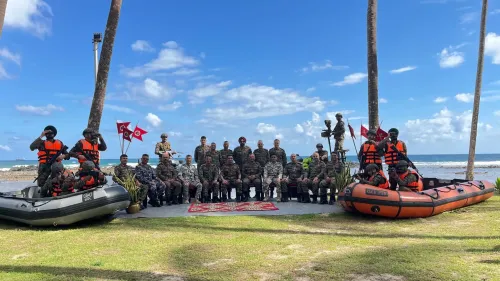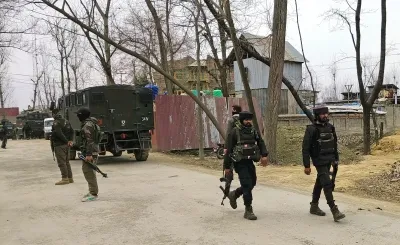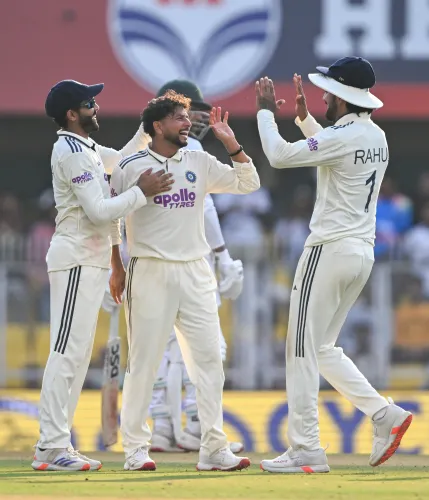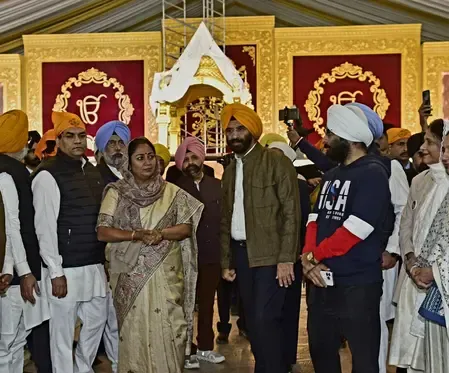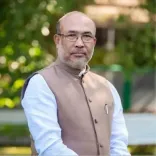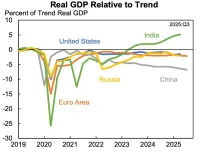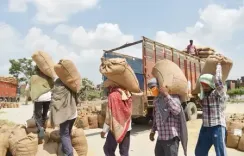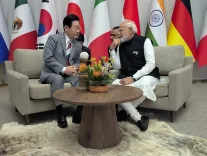Do US Lawmakers Support Indian Strikes and Urge Pakistan to Restore Democracy?
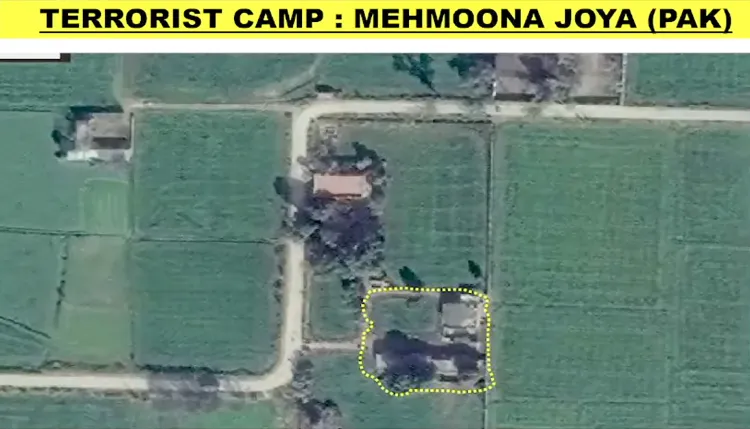
Synopsis
Key Takeaways
- US lawmakers advocate for India's right to self-defense.
- Calls for Pakistan to uphold democratic values are emphasized.
- Strengthening US-India cooperation against terrorism is crucial.
- The Samosa Caucus plays a vital role in US policy discussions.
- Dialogue is essential to prevent escalation of conflict.
Washington, May 7 (NationPress) A US lawmaker of Indian descent urged Pakistan not to exploit the ongoing tensions with India as a justification for further erosion of democracy, while another firmly endorsed India's recent retaliatory strikes earlier today, according to Indian Standard Time.
"Following last month's devastating terrorist incident in Pahalgam, the imperative to tackle terrorism and avert future violence has grown significantly. As Secretary Rubio remarked, it is vital to prevent a broader conflict and escalation," said Raja Krishnamoorthi, an Indian-American representative, adding, "Pakistan must release former Prime Minister Imran Khan and guarantee free, fair elections that reflect democratic principles and the desires of the Pakistani populace. The current circumstances should not serve as a cover to further weaken democracy in Pakistan."
Meanwhile, Shri Thanedar, another US lawmaker of Indian heritage, stated, "Terrorism is intolerable and demands a response. India has the right to protect its citizens, and I stand resolutely with our ally in its battle against these extremist factions."
He further emphasized: "The United States must always support our allies in the fight against terrorism. This moment calls for strengthened US-India collaboration to tackle shared threats, safeguard innocent lives, and uphold the ideals of democracy, human rights, and religious liberty."
Both Krishnamoorthi and Thanedar are affiliated with the Democratic Party and represent Illinois and Michigan, respectively. They are part of a group known as the Samosa Caucus, which includes two of the five Indian-American members in the House of Representatives, alongside Ami Bera, Ro Khanna, and Pramila Jayapal.
Krishnamoorthi, who announced his candidacy for the US Senate on Wednesday, referenced Secretary of State Marco Rubio's statement from Tuesday: "I am closely observing the developments between India and Pakistan," Rubio stated. "I echo the President's sentiments earlier today that we hope for a swift resolution and will continue engaging both Indian and Pakistani leadership towards a peaceful outcome."

